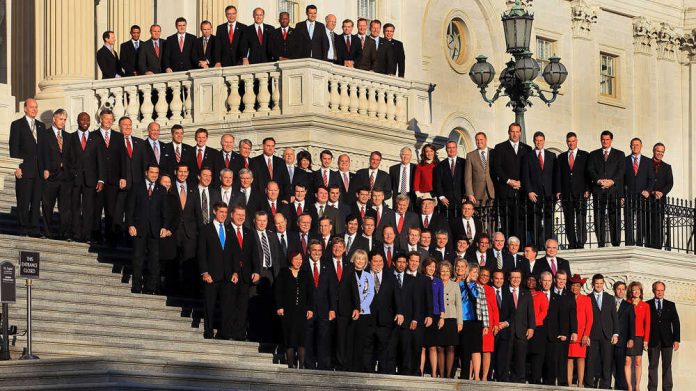
DESK EDITOR
In an unprecedented move, the United States Congress has issued an order for the withdrawal of troops from Somalia within 60 days of the adoption of a concurrent resolution, unless a declaration of war or specific authorization for the use of military force in Somalia is enacted.
The decision comes after a lengthy debate and deliberation within Congress over the U.S.’s military involvement in Somalia.
The resolution, mandates that all U.S. troops currently deployed in Somalia must be withdrawn within 60 days of its adoption. The resolution, submitted by congressman, Matt Gaetz in the House of Representatives, directs the President to withdraw all U.S. Armed Forces, with the exception of those assigned to protect the U.S. Embassy in Somalia, pursuant to section 5 (c) of the War Powers Resolution.
This directive requires the withdrawal to be completed within 60 days of the adoption of the resolution, unless Congress passes a declaration of war or specific authorization for the use of military force in Somalia.
This move by Congress comes amid ongoing concerns and debates about U.S. military involvement in foreign conflicts without explicit authorization from Congress.
The War Powers Resolution, passed in 1973, was enacted to address the balance of power between Congress and the President in matters of military engagement.
It requires the President to consult with Congress and obtain authorization for the use of military force, except in cases of self-defense or an imminent threat, and sets limitations on the duration of military engagements without congressional approval.
In recent years, there has been increasing scrutiny and calls for greater congressional oversight of U.S. military actions abroad, including in Somalia.
U.S. forces have been involved in operations against militant groups in Somalia, such as Al-Shabaab, for years, but without a specific authorization from Congress.
The resolution to withdraw troops from Somalia reflects the ongoing debate over the extent of executive authority in military matters and the role of Congress in authorizing and overseeing military engagements.
The resolution is expected go to the Committee for further review and consideration before it can be voted on by the full House of Representatives and the Senate.
If it passes both chambers of Congress, it would then be sent to the President for approval or veto. If approved, it would mandate the withdrawal of U.S. troops from Somalia, except for those assigned to protect the U.S. Embassy, within 60 days of adoption, unless there is a declaration of war or specific authorization for the use of military force in Somalia.
The outcome of this resolution will have significant implications for U.S. military presence and involvement in Somalia,
The outcome of this resolution will have significant implications for U.S. military presence and involvement in Somalia, as well as broader discussions on the balance of power between Congress and the President in matters of military engagement.












